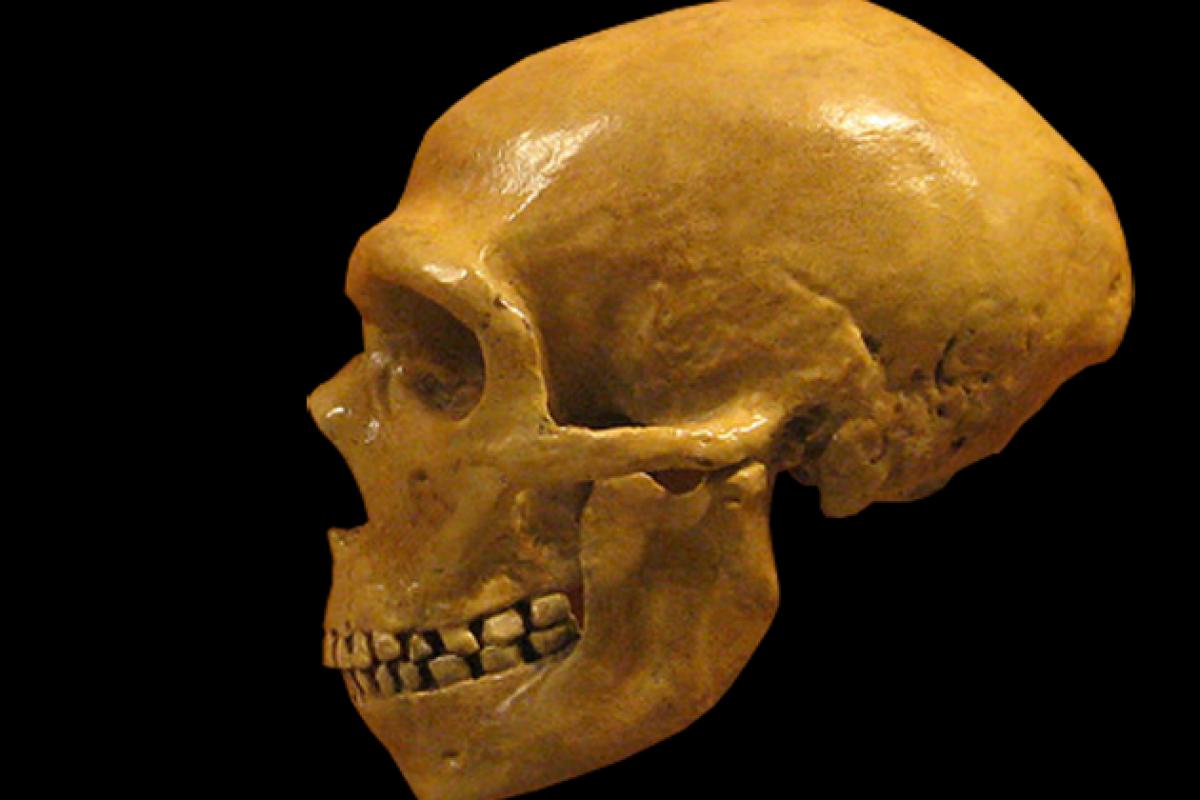Y: See you later, Don. I’m heading off to that baby shower I told you about.
D: The one for your friend with six kids?
Y: Yup. I have a suspicion she has some Neanderthal genes in her.
D: That’s not very nice, Yaël.
Y: No, no. There’s nothing wrong with Neanderthal genes. I just meant that there’s research showing that women with a certain gene variant, or allele, inherited from Neanderthals are more fertile than women without it, and that 15 to 20% of women in Europe have it. The gene encodes the receptor for progesterone, which is a hormone important for menstruation and pregnancy. It prepares the uterine lining for egg implantation and is crucial to maintaining the early stages of a pregnancy. To study what effect this Neanderthal variant of the progesterone receptor had on women, scientists analyzed data from a biobank of Britons that included about 244,000 women. They found that carriers of the Neanderthal allele were less likely to have a hemorrhage during early pregnancy, and reported fewer miscarriages. Using the number of siblings as a proxy for measuring fertility, researchers also determined carriers tended to have more children. Women who have the Neanderthal variant produce more progesterone receptors in their cells, which may make them more sensitive to progesterone and therefore less likely to miscarry. Another interesting find is that ten times more women have this gene variant than most other Neanderthal gene variants—it would make sense that if a gene promoted fertility, it would be more likely to be passed on.
D: I still wouldn’t go around implying your friend is a Neanderthal. She might take it the wrong way.









